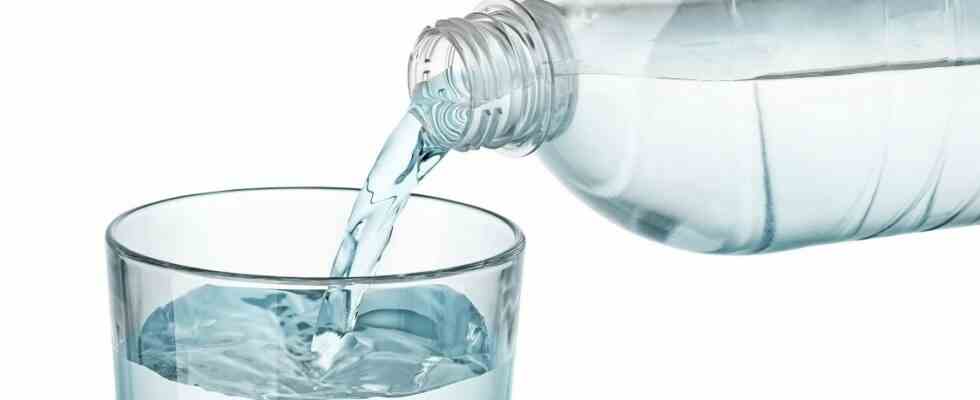The year is over, a new one begins and with it the almost traditional season of the sale of indulgences for health: Anyone who can go without alcohol for a month now avoids all penalties for sin – even if they are swaying drunk in the pub again by carnival at the latest. At least that’s how “Dry January” works in theory.
The idea originally came from Great Britain, where a health foundation first called for people to refrain from drinking for a month in 2014. In recent years it has also become fashionable in Germany to stay abstinent in January. You don’t just slow down a bit on the glass. Rather, you have to see the whole thing as a challenge, as self-care, as a detox. There are now online stores specially designed for Dry January, special guides, restaurant specials, apps, and in Switzerland you can even win prizes if you last 31 days.
Proponents say: A cool-sounding name makes it much easier to refuse alcohol on offer. You are then no longer a stuffy spoilsport, but can casually refer to the challenge. As if abstinence needed any justification at all. Because abstinence for a while is no longer embarrassing. On the contrary: how do you recognize a person who hasn’t had a drink for a month? She tells you. Abstinence is increasingly being stylized as a lifestyle superpower, people are proud of their own stamina, mental strength and determination.
It is not only in the case of alcohol that the ostentatious renunciation seems to automatically give its followers a moral superiority. Very extremes combine their abstinence month directly with a “Veganuary”, in which they also do without animal products, or add a “Sugarfree February” to it. Recently, a friend also forbids coffee in the morning because it is so unhealthy. I would be interested to know how healthy it is, with all the crisis reports on the morning news, to also eliminate every last bit of joy from breakfast.
Some make a real sport out of doing without: The singer Jack White, for example, boasted in a podcast that he had “not eaten any carbohydrates at all” for years. That’s not possible at all, even vegetables contain carbohydrates (and that’s a good thing). What does he want to leave out next? Water? Oxygen? The food industry has long since recognized the renunciation trend and advertises on packaging what a product primarily does not contain. That’s either sugar, fat or gluten, as if the world wasn’t gloomy enough.
Nutrition researchers have long known that sugar is only really harmful in large quantities. And when it comes to alcohol, too, the effect of a one-month crash cure over the year is zero. If you really want to do something good for your body, you generally eat sweets in moderation and drink little alcohol – but with great pleasure. I’m not going to offer a pompous defense of a well-deserved glass of red wine here, it always looks terribly uncle written down. Even more annoying are the colleagues who constantly want to talk about their last drunk, or the Aperol mothers in the children’s playground in their T-shirts with the inscription: “Mama needs wine.” That’s the real problem with dry January: the socially accepted drinking in the eleven months before and after. And that cannot be fought with any challenges either, but – as with smoking – only systematically through radical political reforms. Really problematic cases of addiction are not avoided if Sophie and Jonathan give up their wine spritzer for a month.

